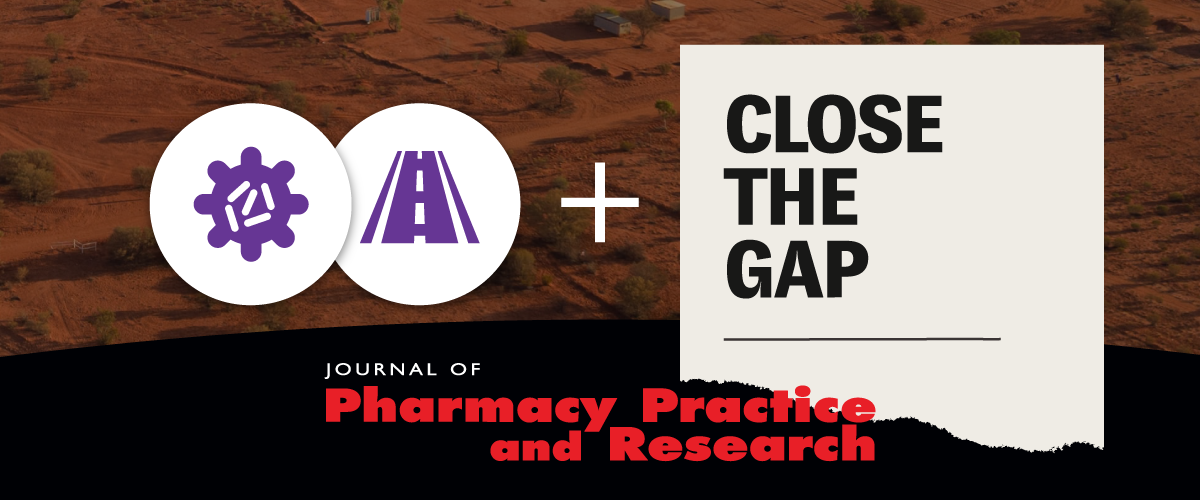Deprescribing, antimicrobial monitoring and Closing the Gap call lead latest JPPR
The dynamism of Hospital Pharmacy is on display in the latest issue of the Journal of Pharmacy Practice and Research (JPPR) with research including validation of an international approach to pharmacist-led deprescribing in kidney disease and the challenges of antimicrobial surveillance in smaller, regional, and remote health facilities, as well as a call to the profession as Hospital Pharmacists unite to Close the Gap.
Available online from the Society of Hospital Pharmacists of Australia (SHPA), with all articles free to members, JPPR saw the first appearance of the term ‘deprescribing’ in English health literature in 2003, now universally used to describe the process of tapering or stopping medicine use to minimise polypharmacy and improve patient outcomes.
A Queensland study applied the pharmacist-led Toronto deprescribing tool in three Australian haemodialysis settings; haemodialysis patients may take up to 10–12 different medications regularly to manage end stage kidney disease (ESKD), leading to medication-related problems and a range of negative impacts.
The study found the tool resulted in substantial deprescribing across all sites, with some variability due to differences in the team model the pharmacist worked within, and the method of the rollout.
Authors Scuderi et al. wrote the paper ‘demonstrates that a pharmacist-led predefined deprescribing algorithm can be implemented and result in a meaningful reduction of medications for haemodialysis patients in multiple different settings’.
‘It also highlights the importance of individualising the decisions around deprescribing and the importance of considering individual patient factors and working with prescribers to increase rates of deprescribing.’
In Impact of expired stock on antimicrobial surveillance in rural hospitals: implications and challenges for stewardship, Victorian authors Macauley et al. explored inadvertent overreporting of antimicrobial use based on stock levels into centralised surveillance, an important exercise to identify overprescribing, monitor usage and assess the impact of interventions to improve prescribing for these important medicines.
The authors concluded replacement of expired stock may account for a substantial proportion of perceived antimicrobial usage in rural and remote hospitals, particularly for agents infrequently prescribed.
‘Pharmacy distribution data is a surrogate measure for actual patient consumption; utilisation reports for smaller rural facilities should be interpreted with acknowledgment of the challenges of stock management in remote locations.’
The open letter to the profession was first published by the Leadership Committees of SHPA’s Aboriginal and Torres Strait Islander Health, Rural and Remote Health and Leadership and Management streams to coincide with 2022 Closing the Gap Day, calling for pledged support for achieving Indigenous health equity by 2030 to be a year-round focus, including through embedding tangible steps in professional development planning.
Chief Executive Kristin Michaels noted SHPA’s support for the call, via partnership with Pfizer to deliver cultural safety training to all members until March next year.
‘We encourage all practitioners to complete the Indigenous Allied Health Australia’s (IAHA) Cultural Responsiveness Training, free for 12 months from April 2022 for all SHPA members, which comprises online modules tailored to Australian healthcare workers’.


